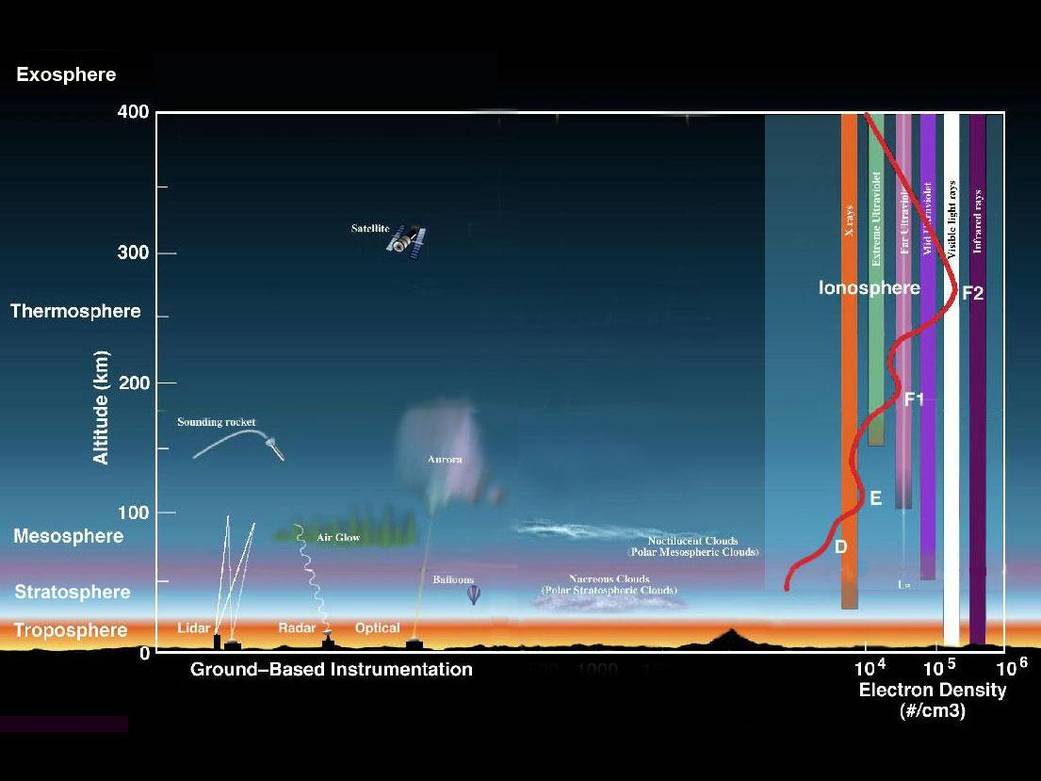“We could use up all of the proven oil reserves of oil in the entire world by the end of the next decade.” – President Jimmy Carter, 1977
Just a FEW of the Climate FAILS on snow
Caroline Snyder (iceagenow.info)
FAIL! “Winters with strong frost and lots of snow like we had 20 years ago will cease to exist at our latitudes.”
— Mojib Latif, Max Planck Institute for Meteorology, Hamburg, 1 April 2000
FAIL! “Harsh winters likely will be more seldom and precipitation in the wintertime will be heavier everywhere. However, due to the milder temperatures, it’ll fall more often as rain than as snow.” — Online-Atlas of the Helmholtz-Gemeinschaft, 2010
FAIL! More heat waves, no snow in the winter… Climate models… over 20 times more precise than the UN IPCC global models. In no other country do we have more precise calculations of climate consequences. They should form the basis for political planning… Temperatures in the wintertime will rise the most… there will be less cold air coming to Central Europe from the east…In the Alps winters will be 2°C warmer already between 2021 and 2050.” — Max Planck Institute for Meteorology, Hamburg, September 2, 2008.
FAIL! “Good bye winter. Never again snow?” — Spiegel, 1 April 2000
FAIL! Yesterday’s snow… Because temperatures in the Alps are rising quickly, there will be more precipitation in many places. But because it will rain more often than it snows, this will be bad news for tourists. For many ski lifts this means the end of business.”
— Daniela Jacob, Max Planck Institute for Meteorology, Hamburg, 8 Aug 2006
FAIL! Ice, snow, and frost will disappear, i.e. milder winters” … “Unusually warm winters without snow and ice are now being viewed by many as signs of climate change.” — Schleswig Holstein NABU, 10 Feb 2007
FAIL! “Good bye winter… In the northern hemisphere the deviations are much greater according to NOAA calculations, in some areas up to 5°C. That has consequences says DWD meteorologist Müller-Westermeier: When the snowline rises over large areas, the bare ground is warmed up even more by sunlight. This amplifies global warming. A process that is uncontrollable – and for this reason understandably arouses old childhood fears: First the snow disappears, and then winter. — Die Zeit, 16 Mar 2007
FAIL! Within a few years winter snowfall will become a very rare and exciting event. … Children just aren’t going to know what snow is.”
— David Viner, Climatic Research Unit, University of East Anglia, UK, 20 March 2000
FAIL! The rise in temperature associated with climate change leads to a general reduction in the proportion of precipitation falling as snow, and a consequent reduction in many areas in the duration of snow cover.” — Global Environmental Change, Nigel W. Arnell, Geographer, 1 Oct 1999
FAIL! The lowest winter temperatures are likely to increase more than average winter temperature in northern Europe. …The duration of the snow season is very likely to shorten in all of Europe, and snow depth is likely to decrease in at least most of Europe.”
— IPCC Climate Change, 2007
FAIL! We have seen that in the last years and decades that winters have become much milder than before and that there isn’t nearly as much snowfall. All simulations show this trend will continue in the future and that we have to expect an intense warming in the Alps…especially in the foothills, snow will turn to rain and winter sports will no longer be possible anymore.”
— Mojib Latif, Leibnitz Institute for Oceanography, University of Kiel, February 17, 2005
FAIL! Planning for a snowless future: “Our study is already showing that that there will be a much worse situation in 20 years.”
— Christopher Krull, Black Forest Tourism Association / Spiegel, 17 Feb 2005
FAIL! January 2000 Dr. Michael Oppenheimer of the Environmental Defense Fund commenting (in a
NY Times interview) on the mild winters in New York City: “But it does not take a scientist to size up the effects of snowless winters on the children too young to remember the record-setting blizzards of 1996. For them, the pleasures of sledding and snowball fights are as out-of-date as hoop-rolling, and the delight of a snow day off from school is unknown.” — Dr. Michael Oppenheimer of the Environmental Defense Fund

